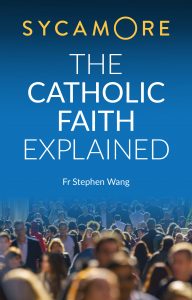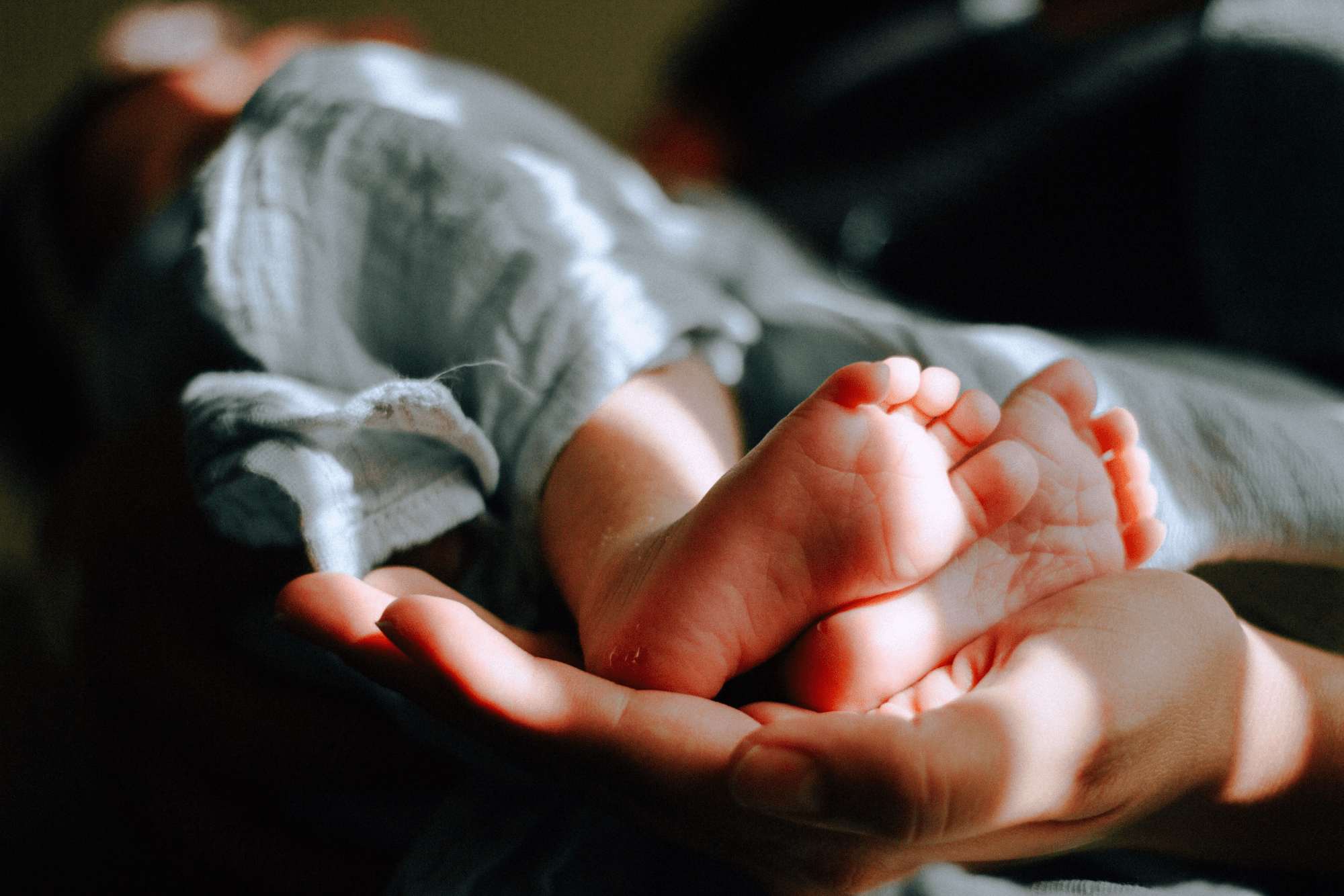In 1776, the people of the Thirteen Colonies in America felt that they needed just a little bit more independence from Britain than they had at that moment. On 4th July that year, they issued their Declaration of Independence. These are the famous words that begin the second paragraph: “We hold these truths to be self-evident, that all men are created equal, that they are endowed by their Creator with certain unalienable rights, that among these are life, liberty and the pursuit of happiness.”
Whatever you think about the Declaration, and the list of rights that are included, what is really interesting is the order of words. “Life, liberty and the pursuit of happiness.” The right to life comes before everything else. If you are not alive, you have no rights or duties. There is nothing to defend, nothing to fight for.
It’s the same with the 1948 Universal Declaration of Human Rights from the United Nations. Article 3 states: “Everyone has the right to life, liberty and security of person.” The rights are slightly different, but the order is the same: it has to start with life.
Christian teaching speaks about the dignity of the human person. Human beings have a special place in creation. We are “persons” not “things”, with body and soul, with freedom and intelligence, with creativity and a conscience.
Even if you don’t believe in God, you can believe that human life has a special value, an intrinsic worth. This is why we shouldn’t treat people as objects or as means to an end. Their dignity does not depend on what other people think about them; it doesn’t depend on their gifts or abilities. It depends on their humanity.
This dignity can never be taken away. That’s why we should honour someone’s life from beginning to end, from conception to their natural death. This is what it means to respect the sanctity of life.
Two experiences come to mind when I think about these things. When I was a student I spent a summer volunteering with Mother Teresa’s sisters in north London. They ran a soup kitchen and a hostel for homeless people. I’ve never chopped
so many carrots or prayed so many rosaries.
But what touched me was the way the sisters treated each person. They never turned anyone away, no matter how difficult the situation. People were often filthy from living on the streets; many of them had serious mental health problems. The sisters showed such kindness to each individual. There was no pretence. The dignity of the human person was not just a theory, it was a living reality.
The second experience was soon after I became a priest. One of the mothers in our church had a really difficult pregnancy, and she ended up having a premature birth when the child was only twenty-three weeks’ along. I went to visit them in the neonatal ward at St Mary’s Hospital in Paddington the next day. It was the smallest baby I’d ever seen.
What moved me was not just the concern of the parents – I expected that. It was the care of the whole neonatal team. The whole medical unit was focused on these tiny babies, who had nothing to give except their being, their life itself. This team understood the meaning of human dignity. And yes, the baby made it, and was sitting in church with her parents a few
months later.
In the Ten Commandments of the Old Testament, God said to Moses, “You shall not kill”. It’s sometimes translated, “You shall not murder”. We have a right to self-defence, but it’s wrong to directly and intentionally kill an innocent human being. This is why Catholic teaching forbids murder, abortion, euthanasia and suicide.
Some people, of course, are not fully aware that something is wrong or not fully responsible for their decisions. And some situations get so complicated that it’s not clear what the right way forward is. We should always have compassion and never be quick to judge others in difficult situations. But the teaching is clear, and it’s there to defend human dignity and protect innocent human life.
There are so many other ways that we can defend human dignity. The right to life is not the only human or Christian value. But the foundation of every other human right and human duty is the right to life, which is why the dignity of the human person is the most important place to start.
Questions for reflection
Who are the most caring and compassionate people you have known and why?
Can you give examples of how respect for human dignity has improved in recent decades?
Are there ways that human dignity is threatened in our society today? What examples can you share of people working to defend the dignity and rights of others?
 This blog is an extract from SYCAMORE: The Catholic Faith Explained. In SYCAMORE, you will find answers to the most common questions about life and faith, whether you want to deepen the faith you already have or are exploring the faith for the first time.
This blog is an extract from SYCAMORE: The Catholic Faith Explained. In SYCAMORE, you will find answers to the most common questions about life and faith, whether you want to deepen the faith you already have or are exploring the faith for the first time.
To find more answers to the big questions in life, get your copy of SYCAMORE: The Catholic Faith Explained.
